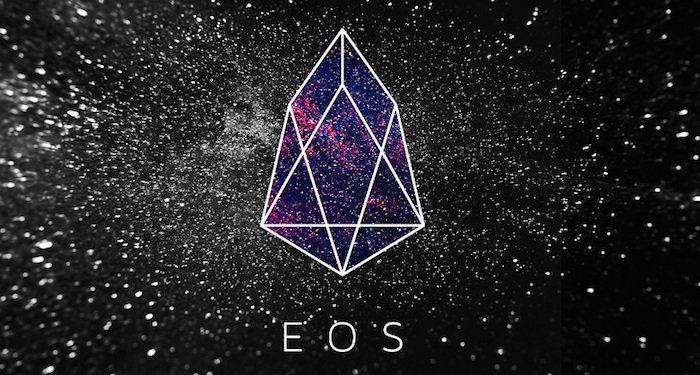After a messy weeks-long process, CoinDesk broke the news
yesterday that the EOS blockchain is officially live.
To some, it's already an event for the cryptocurrency history books.
Still, if you haven't been following the event closely,
it might beg the question, 'What is EOS anyway?'
When we talk about EOS, think about a cloud
computing service like Amazon Web Service.
It's a platform for the storing or hosting of data,
except rather than using a centralized server,
EOS is attempting to distribute the data in a
distributed system using blockchain technology.
It was created by blockchain startup, Block.one,
and was able to gather over $4 billion to develop
its open-source software over a year-long initial coin offering (ICO).
Last week, however, Block.one turned its code over to the world,
or more specifically, to developers willing to work on the software
as well as 21 block producers who will approve its transactions.
The idea is that, in order to be more efficient than your average
blockchain, EOS reduces the number of individuals or companies that can validate transactions.
Rather than competing in a global open market like bitcoin's, users
who own tokens are constantly voting for block producers.
The votes
Sounds pretty ideal right? Well, the trick is getting a global network
no one is supposed to control off the ground.
Some questioned the set-up, as it ensured the voting process
went on for some time while all the distributed users of the
network struggled to coordinate. In this way, the more damaging
criticisms might come from those who were eager to
point out this has been done before (with varying results).
Overall, it's safe to say this voting process looked a bit
confusing from the outside, and other market observers were perhaps a bit too quick to cast judgement.
Some even went so far as to blame the plan of action
for the token's poor market performance over the last few weeks.
Education to come
These comments point to a central issue – EOS operates differently than other blockchains.
This means it's still taking the industry a while to see
what EOS is trying to create and that this vision actually adds value to the users it wants to reach.
As long-time industry observers point out, it's still not really clear
who would want a blockchain that's not that decentralized.
After all, blockchain believers cite decentralization
as a key advantage of blockchains over the existing financial system.

CHEERS
I have to disagree that it was a messy launch. The complexity of this project is like nothing we have seen before, so I would say it went much better than expected. Moreover, it forced the community to come together and help each other through.
I sold all mine, not sure if it was the right thing to do, but I've done it now
I have too much, still holding @wales
That is a shame, all the airdrops start very soon. It is not too late to get back in, now the mainnet is live, exchanges will be supporting the new infrastructure anyway now and we have wallets available.
I can only get back in when other coins go up enough for me to sell at a profit, even a small one